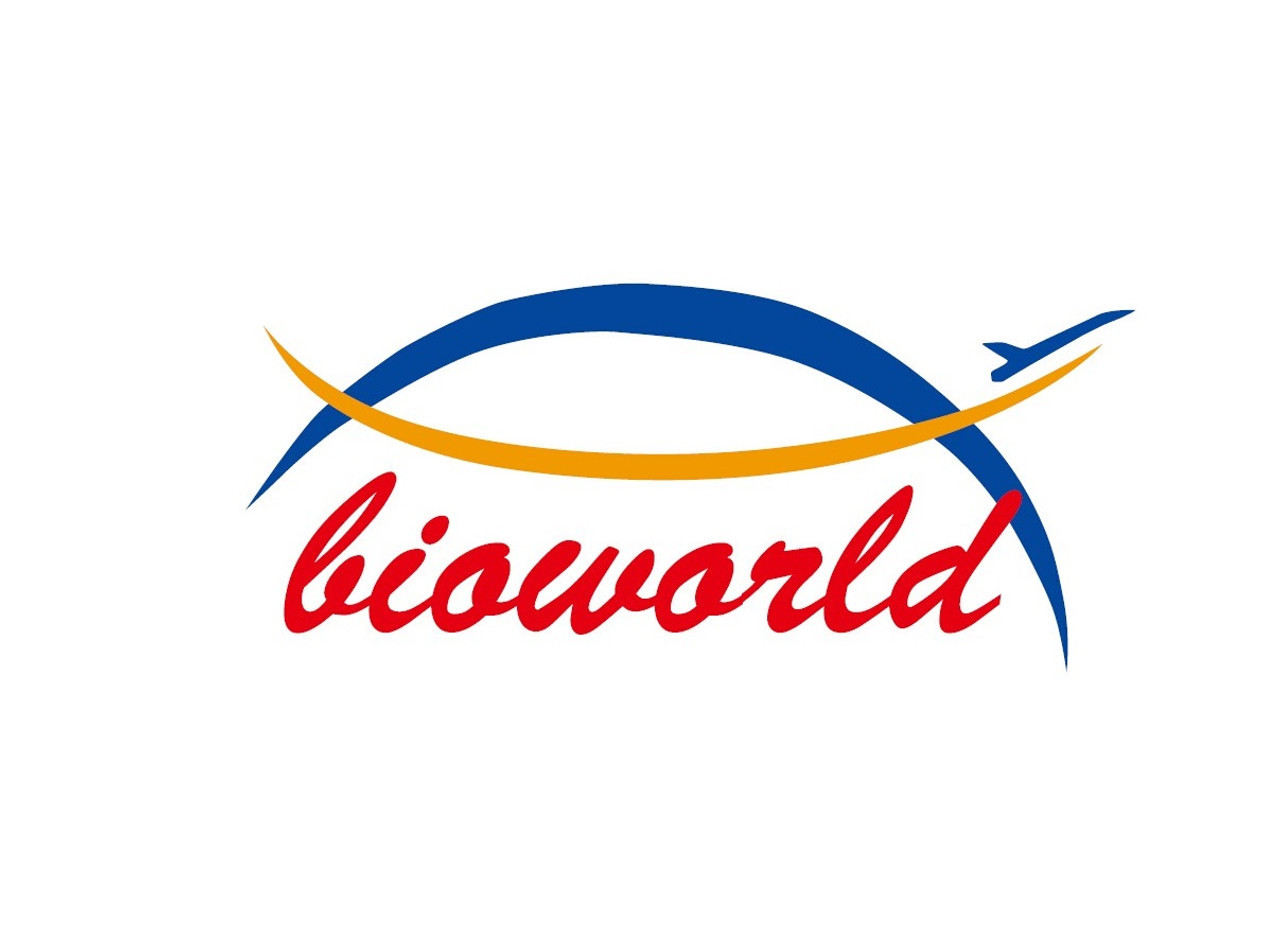Product Description
GRK 2 / ADRBK1 monoclonal Antibody | MB0139 | Bioworld
Host: Mouse
Reactivity: Human,Mouse
Application: WB
Application Range: WB: 1:1000
Background: Heterotrimeric G protein-mediated signal transduction is a dynamically regulated process with the intensity of signal decreasing over time despite the continued presence of the agonist. This phenomenon, referred to as agonistmediated desensitization, involves phosphorylation of the receptor by two classes of enzymes. The first are the second messenger-regulated kinases such as c-AMP dependent protein kinase A and protein kinase C. The second are the G protein-coupled receptor kinases (GRKs) . At least seven members of the GRK family have been identified. These include rhodopsin kinase, GRK 1; two forms of β-adrenergic receptor kinase, GRK 2 (βARK, βARK1) and GRK 3 (βARK2) ; IT-11 (GRK 4) ; GRK 5, GRK 6 and GRK 7. Phosphorylation of receptors by GRKs appears to be strictly dependent on the receptor being in its agonist-activated state.
Storage & Stability: Store at 4°C short term. Aliquot and store at -20°C long term. Avoid freeze-thaw cycles.
Specificity: This Antibody detects endogenous levels of ADRBK1 and does not cross-react with related proteins
Molecular Weight: Predicted band size:80KDa Observed band size:80KDa
Note: For research use only, not for use in diagnostic procedure.
Alternative Names: Beta-adrenergic receptor kinase 1; Beta-ARK-1; β-ARK-1; ARK-β1; G-protein coupled receptor kinase 2; ADRBK1; BARK; BARK1; GRK2; ARK β1; ARKβ1; β-ARK1
Immunogen: Recombinant full length Human GRK 2 / ADRBK1.
Conjugate: Unconjugated
Modification: Unmodification
Purification & Purity: The Antibody was affinity-purified from mouse ascites by affinity-chromatography using epitope-specific immunogen and the purity is > 95% (by SDS-PAGE) .
Pathway: Warburg Effect,Insulin &Glucose Signaling,Glutamine Metabolism,
 Euro
Euro
 USD
USD
 British Pound
British Pound
 NULL
NULL








